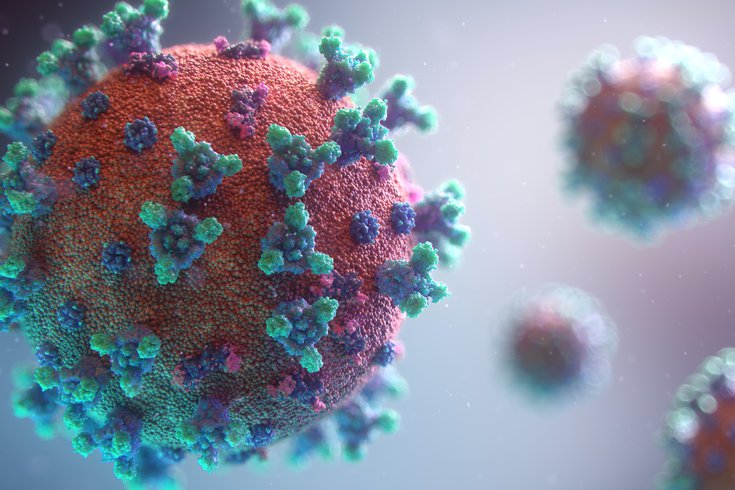
March 03, 2021
 Fusion Medical Animation/Unsplash
Fusion Medical Animation/Unsplash
Scientists believe MIS-C is a complication to the coronavirus that can develop after a child has recovered from the infection.
Children with multisystem inflammatory syndrome have highly activated immune systems that mirror those seen in adults suffering from several cases of COVID-19, according to new research from the Children's Hospital of Philadelphia and Penn Medicine.
There have been 2,060 U.S. cases of MIS-C, a rare condition that some children develop after recovering from COVID-19, since pediatricians first recognized it last April. Thirty children have died.
Despite its connection to COVID-19, it doesn't typically involve respiratory issues. Children have presented with symptoms that suggest hyperinflammation, including fever, gastrointestinal distress and cardiogenic shock — a life-threatening condition where the heart can't pump enough blood to sustain the body's needs.
Previous CHOP research linked myocardial injury, an imbalance in the supply and demand of oxygen to the heart, to MIS-C.
The latest research found children with MIS-C had elevated T cells, including a subset that believed to control persisting or reactivating viral infections. This subset also may play a role in cardiovascular disease and vascular symptoms in MIS-C patients, the researchers said.
Levels of this subset were higher in children with MIS-C than pediatric patients with severe COVID-19 and most adults with COVID-19, the researchers found. They dropped when the patient improved clinically.
MIS-C patients also had elevated plasmablasts — an immature form of blood cells — compared to most adults who had recovered from COVID-19.
The researchers gave three possible explanations for these differences.
•A coronavirus antigen may be persistently triggering an immune system response.
•The virus may be spreading to a different tissue type, or perhaps there is a secondary infection a few weeks after the initial one.
•An autoimmune response may be causing healthy cells and tissues to be attacked.
The researchers hope their findings, published in Science Immunology, will lead to improved treatments for children with MIS-C and adults with severe COVID-19.
"SARS-CoV-2 infection can lead to a broad spectrum of clinical and immunological outcomes," said E. John Wherry, director of Penn's Institute for Immunology.
"The use of an 'Immune Health' profiling approach for pediatric COVID-19 patients not only identified distinct features of the pediatric MIS-C presentation of disease, but the insights gained by studying MIS-C patients may reveal new therapeutic opportunities for pediatric an adult COVID-19 patients."
The researchers analyzed blood samples from patients admitted to CHOP with COVID-19 or MIS-C between April and June. They looked at more than 200 immune parameters, including serologic and plasma cytokine. They then compared the data to samples from adults battling COVID-19, adults who had recovered from COVID-19 and healthy adults.